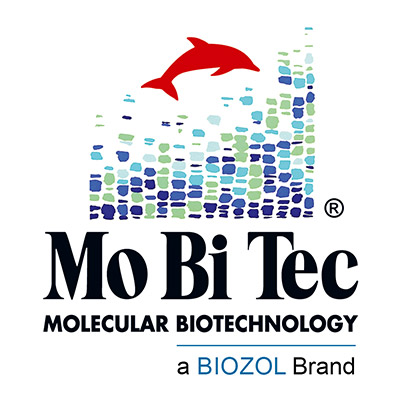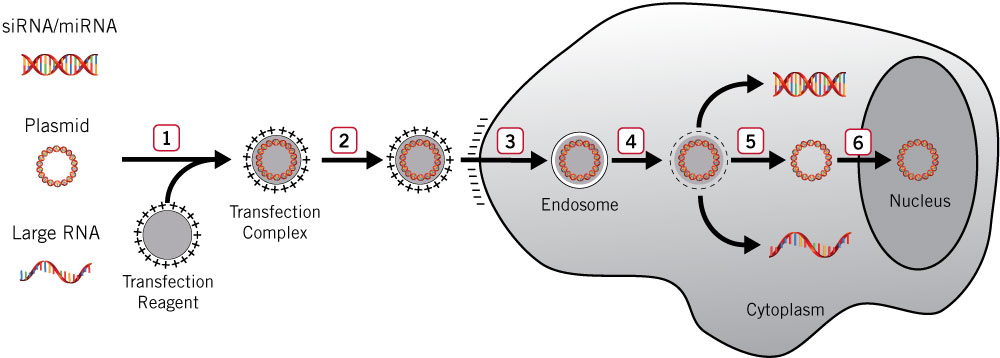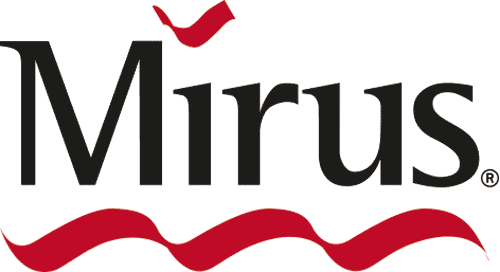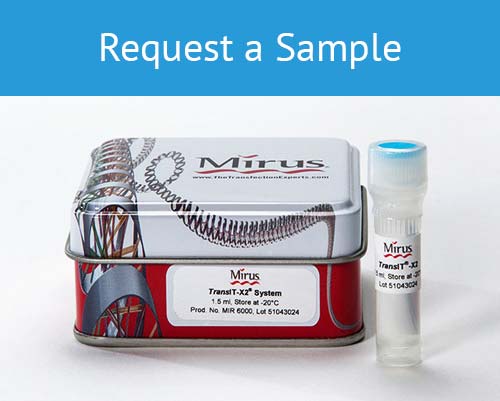Please Browse our Transfection Products:
No results were found for the filter!

CHOgro® Expression Medium (Mirus Bio SKU: MIR 6202)
Order #: MIR-6202

CHOgro® Complex Formation Solution (Mirus Bio SKU: MIR 6210)
Order #: MIR-6210
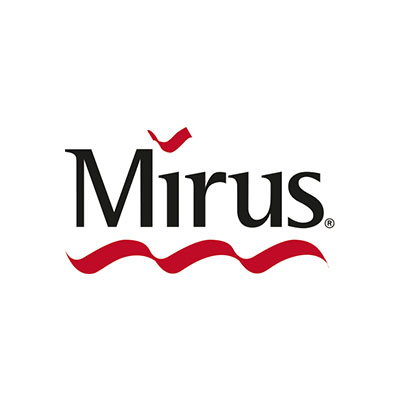
CHOgro® Transfection and Titer Enhancer Kit (Mirus Bio SKU: MIR 6225)
Order #: MIR-6225

Poloxamer 188 Solution, 10% (Mirus Bio SKU: MIR 6230)
Order #: MIR-6230

L-Glutamine Solution, 200 mM (Mirus Bio SKU: MIR 6240)
Order #: MIR-6240
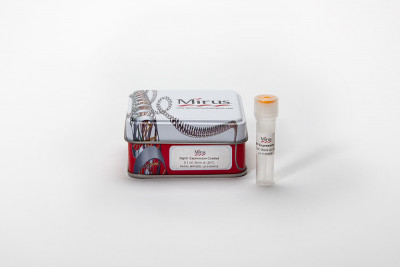
Human IgG1 Expression Control (Mirus Bio SKU: MIR 6250)
Order #: MIR-6250

CHOgro® Expression System (Mirus Bio SKU: MIR 6260)
Order #: MIR-6260
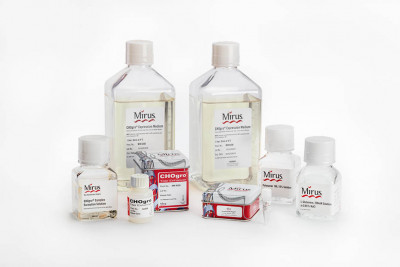
CHOgro® High Yield Expression System (Mirus Bio SKU: MIR 6270)
Order #: MIR-6270
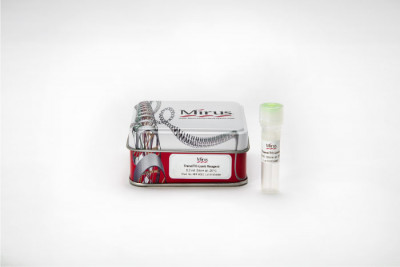
TransIT®-Lenti Transfection Reagent (Mirus Bio SKU: MIR 6600)
Order #: MIR-6600

TransIT®-Lenti Transfection Reagent (Mirus Bio SKU: MIR 6603)
Order #: MIR-6603

TransIT®-Lenti Transfection Reagent (Mirus Bio SKU: MIR 6604)
Order #: MIR-6604

TransIT®-Lenti Transfection Reagent (Mirus Bio SKU: MIR 6605)
Order #: MIR-6605
Viewed
*All prices in € excl. VAT and shipping
